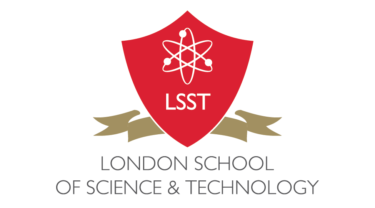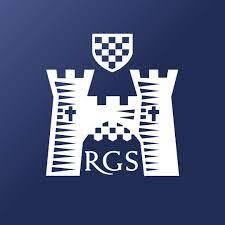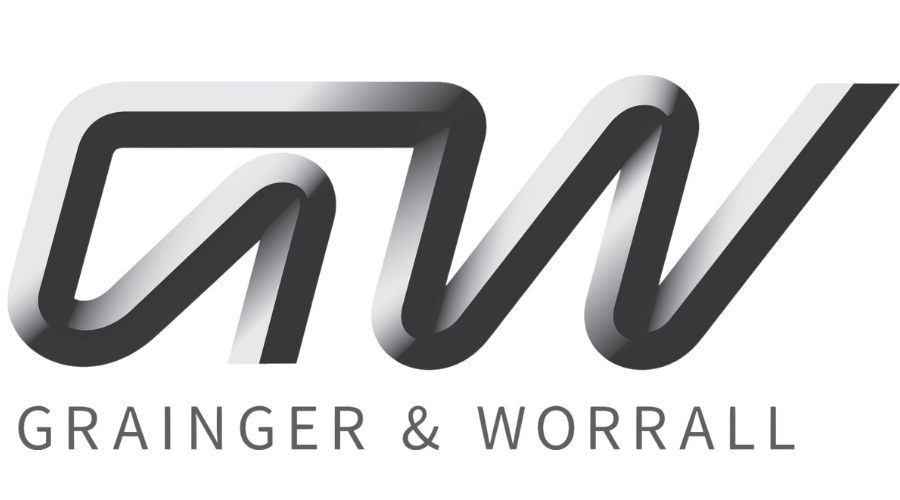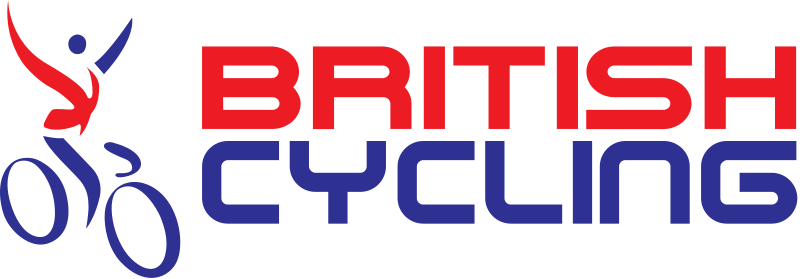Role of HR
The Human Resources (HR) department has long been viewed as the backbone of any organisation. Traditionally, HR was seen as the team responsible for hiring, firing, and managing employee benefits. But in today’s dynamic and fast-paced business environment, the role of HR has evolved significantly. It’s no longer just about administrative tasks; HR is now a strategic partner in driving business success, fostering company culture, and ensuring the well-being of employees.
Key Responsibilities of Modern HR
-
Talent Acquisition and Retention Finding the right talent is more critical than ever in today's competitive job market. HR professionals are tasked with sourcing candidates that not only meet the technical qualifications but also fit the company culture. Once hired, the focus shifts to retention—keeping employees engaged, satisfied, and motivated. HR teams are now building comprehensive onboarding experiences, offering continuous learning opportunities, and creating paths for career growth to retain top talent.
-
Building a Positive Workplace Culture A healthy workplace culture is crucial for both employee satisfaction and organizational success. HR plays a key role in shaping, maintaining, and improving this culture. From organising team-building activities to creating diversity and inclusion programs, HR ensures that the workplace is a space where all employees feel valued and respected.
A positive culture enhances collaboration, fosters innovation, and boosts overall morale—elements that directly contribute to business growth.
-
Employee Development and Training The rapid pace of technological advancements requires employees to continuously upgrade their skills. HR departments are responsible for identifying skill gaps and implementing training programs that address these needs. Whether it's through workshops, online courses, or mentorship programs, HR helps ensure that employees are equipped with the skills they need to stay relevant in their roles.
Beyond skill-building, HR also plays a crucial role in leadership development, grooming future leaders who can guide the organisation toward long-term success.
-
Performance Management Managing employee performance is essential for maintaining productivity and achieving organisational goals. Modern HR departments implement performance management systems that provide employees with regular feedback, recognise their accomplishments, and address areas for improvement.
Rather than relying on outdated annual reviews, HR professionals are increasingly using real-time feedback and more dynamic performance evaluation methods. This fosters a culture of continuous improvement and ensures that employees remain aligned with the organisation's objectives.
-
Compliance and Risk Management HR is also responsible for ensuring that the company complies with labor laws, safety regulations, and other legal requirements. In today's globalised world, HR professionals must stay informed about changing laws and regulations to protect the company from legal risks. From maintaining accurate employee records to conducting workplace safety training, HR ensures that the organisation operates within legal frameworks while fostering a safe and fair work environment.
-
Employee Well-being and Mental Health As the lines between work and personal life blur, especially in the era of remote work, HR plays a vital role in supporting employee well-being. Many organisations now offer mental health resources, wellness programs, and flexible work arrangements to ensure that employees maintain a healthy work-life balance.
HR professionals work closely with employees to understand their needs and offer solutions that promote both physical and mental well-being. In doing so, they help reduce burnout, increase job satisfaction, and create a more engaged workforce.
The Strategic Role of HR in Business Growth
HR has become a strategic partner in business decision-making. By analysing workforce data, HR departments provide insights that help shape the future of the company. Whether it's understanding turnover trends, predicting hiring needs, or improving employee engagement, HR provides valuable information that influences business strategies.
Moreover, HR leaders work with senior management to develop policies and practices that align with the company's long-term goals. From workforce planning to diversity and inclusion initiatives, HR's strategic input is critical to driving sustainable growth and success.
The Future of HR
As technology continues to reshape the workplace, the role of HR will only become more important. Automation and artificial intelligence are already changing the way HR manages tasks like recruiting, onboarding, and performance management. At the same time, the rise of remote work has created new challenges for maintaining company culture, employee engagement, and productivity.
HR departments will need to continue adapting to these changes, leveraging technology to improve processes while maintaining a human touch. The ability to balance data-driven decision-making with empathy and understanding will define the success of HR in the future.
Conclusion: HR as the Heart of the Organisation
At HealthBoxHR, we understand the evolving role of HR and offer solutions designed to help HR departments streamline processes, support employee well-being, and drive business success. Our platform empowers HR professionals to focus on what really matters—building strong, engaged teams that propel the company forward.































